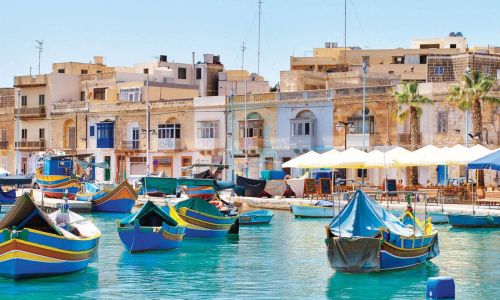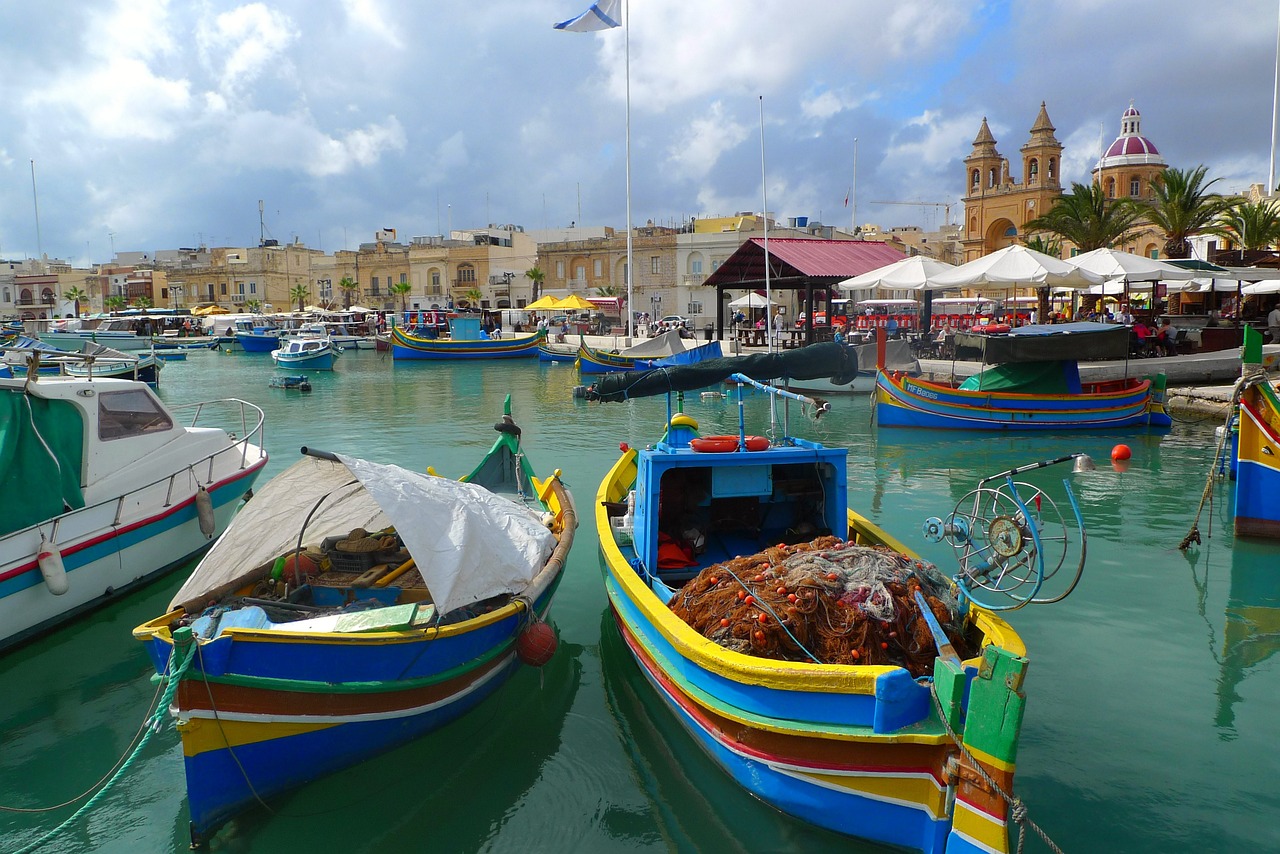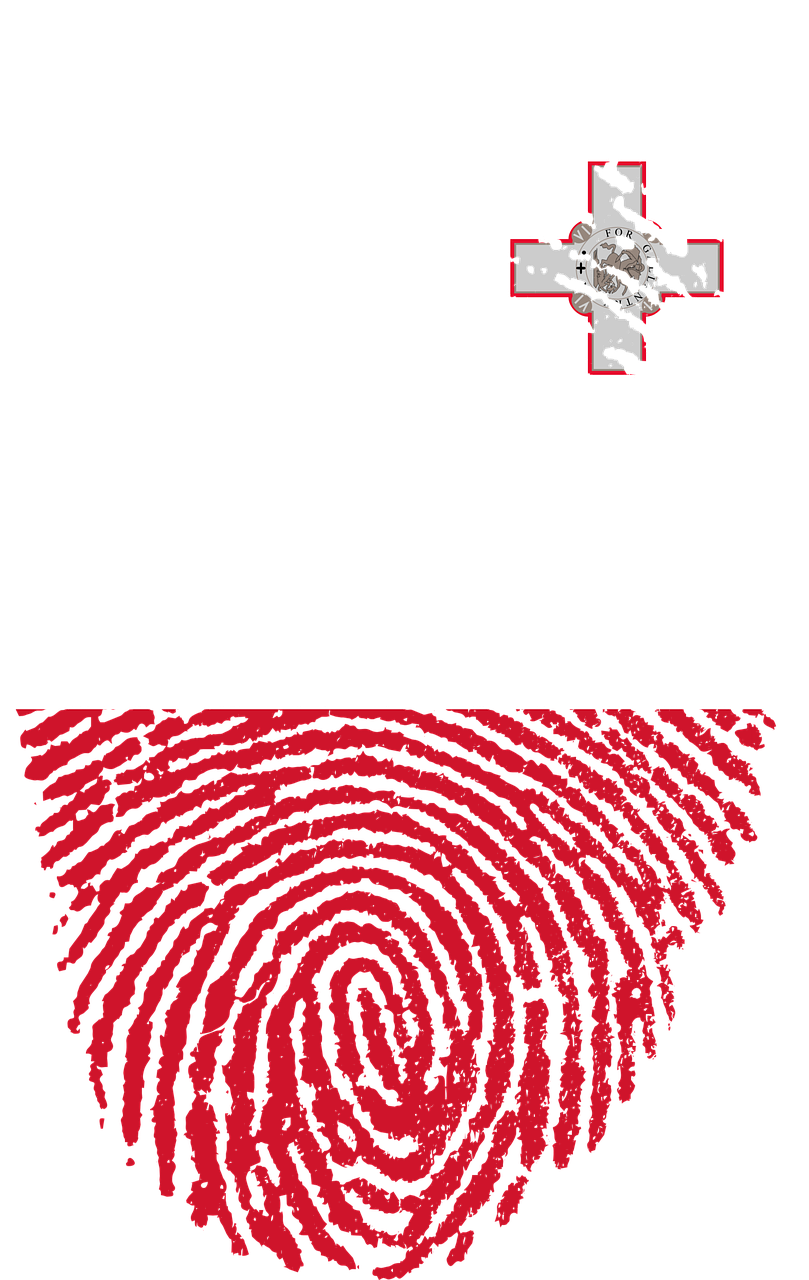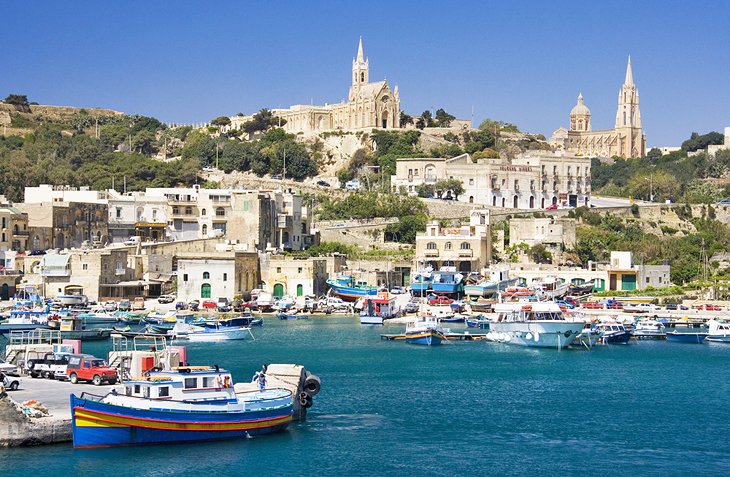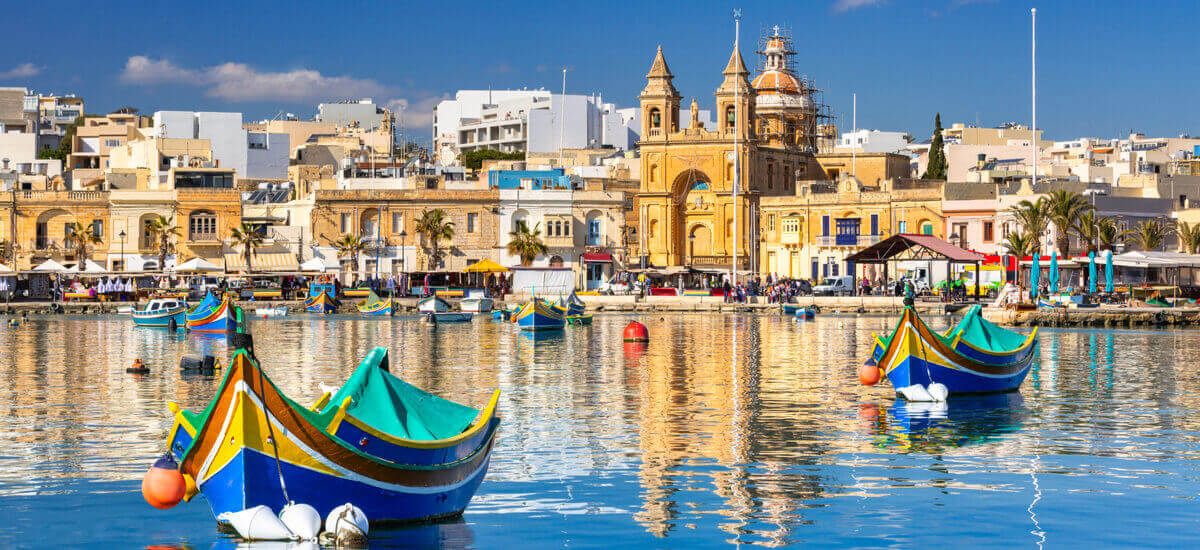Malta is a small island nation in the Mediterranean that is quickly gaining popularity as a destination for expatriates looking to relocate. With its straightforward residency application process, special tax status, and solid real estate market, Malta provides ample opportunities for those seeking a change of scenery.
The country’s various residency programmes cater to a range of needs, including retirement, and non-EU citizens can enjoy freedom of movement within Europe and Schengen countries.
This article aims to provide an objective and informative overview of the different ways to apply for residency in Malta, the tax benefits of becoming a Maltese resident, and the ins and outs of Malta’s real estate market.
Whether you are a retiree looking for a peaceful and sunny place to spend your golden years, a digital nomad seeking a new adventure, or someone who wants to escape the constraints of their current location, Malta offers a viable option for those with a subconscious desire for freedom.
So, if you are considering relocating to Malta, read on to learn more about what this beautiful island nation has to offer.
Key Takeaways
- Malta offers different ways to apply for residency, including programmes for retirees.
- Special tax status of 15% is available for Maltese residents, with relief of double taxation possible.
- Malta’s real estate market is a solid investment with high demand and limited land.
- To qualify for residency programmes, applicants must meet certain criteria such as owning or renting a property in Malta and meeting minimum annual tax liabilities.
Ways to Apply
Various methods are available for individuals seeking to apply for Maltese residency, which is a natural relocation hub offering straightforward application processes and residency programmes for retirees, non-EU/EEA and Swiss nationals, and those who wish to invest in the country’s real estate market, including the Global Residence Programme and Malta Retirement Programme.
The application process for Maltese residency varies depending on the individual’s nationality and purpose of relocation. Non-EU/EEA and Swiss nationals must apply for a working permit or license, while shareholders or ultimate beneficial owners of a Malta resident company must meet certain conditions. Long-term residence status for third country nationals is similar to that of EU/EEA and Swiss nationals.
Malta also offers residency programmes for those who wish to live or retire on the island, such as the Global Residence Programme and Malta Retirement Programme, each with its own eligibility requirements.
To apply for the Global Residence Programme, applicants must own or rent a property in Malta and have a minimum annual tax liability of €15,000 per application. The administrative fee for the GRP application ranges between €5,500 and €6,000.
On the other hand, the Malta Retirement Programme is open to all EU, EEA, and Swiss nationals. Applicants must purchase a property or live in a property with an annual rent and have a pension that makes up at least 75% of their chargeable income entirely received in Malta. The application fee for the Malta Retirement Programme is €2,500 per application.
Successful applicants will benefit from a tax rate of 15% on any income from outside Malta received in Malta.
With these different residency programmes available, individuals seeking to relocate to Malta have various options to choose from, depending on their eligibility and purpose of relocation.
Residence Criteria
The eligibility requirements for attaining ordinary residence status in Malta vary based on the applicant’s nationality, thereby necessitating a thorough understanding of the criteria specific to one’s individual circumstances. Citizens of the European Union (EU), European Economic Area (EEA), and Switzerland can establish ordinary residence in Malta if they can demonstrate that they are not residing in Malta solely for the purpose of tax avoidance and that they have sufficient financial means to support themselves without relying on public funds. Non-EU/EEA and Swiss nationals, on the other hand, must obtain a working permit or license and meet certain criteria, including being a highly skilled worker or investor in a Maltese company.
The following table outlines the ordinary residence criteria for different nationalities in Malta:
| Nationality | Criteria |
|---|---|
| EU/EEA/Switzerland | Not residing in Malta solely for tax avoidance purposes and has sufficient financial means to support oneself without relying on public funds. |
| Non-EU/EEA/Switzerland | Must obtain a working permit or license and meet certain criteria, including being a highly skilled worker or investor in a Maltese company. |
It is important to note that shareholders or ultimate beneficial owners of a Malta resident company must also meet certain conditions to establish ordinary residence in Malta. Additionally, non-EU/EEA and Swiss nationals who wish to establish long-term residence status in Malta must meet similar conditions as EU/EEA and Swiss nationals.
Tax Status
Applicants who qualify for Malta’s Global Residence Programme can enjoy taxation benefits. They are subject to a special tax rate of 15% on income declared in Malta under GRP, with a minimum annual tax of €15,000 required. This flat rate is applicable to all income declared under GRP, and relief of double taxation is possible.
However, any other income not covered by this scheme is taxed at 35%. Malta’s taxation system is designed to attract foreign investors and retirees looking for a tax-efficient location to relocate to.
The minimum annual tax liability of €15,000 under GRP is a fair price to pay for the many benefits that Malta offers, including a safe environment, generous tax regime, reasonable cost of living, and agreeable climate.
Applicants who meet the conditions of the programme can enjoy a relaxed lifestyle and lower tax rates, making Malta an attractive destination for those seeking a new beginning.
Real Estate Market
Investing in property in Malta presents a stable opportunity with rental yields ranging between 4%-7% and capital appreciation standing at between 2% and 6%. Malta’s real estate market is a solid investment due to high demand and limited land, which keeps property prices stable.
However, the minimum property price can vary depending on the location, and applicants must own or rent a property in Malta to qualify for the Global Residence Programme (GRP).
To qualify for the GRP, applicants must purchase a property for at least €275,000 if in Malta or €250,000 if in Gozo, or live in a property with an annual rent of €9,600 in Malta or €8,750 in Gozo.
Additionally, there is an administrative fee for the GRP application, which is between €5,500 and €6,000. It is essential to consider these costs when planning a real estate investment in Malta.
Nonetheless, with stable rental yields and capital appreciation, investing in property in Malta is a viable option for those seeking a solid investment opportunity.
Residency Programmes
Malta offers various programmes catering to individuals seeking to establish a long-term presence on the island, with options tailored for both retirees and non-ordinary residents.
The Global Residence Programme is designed to attract individuals who are not ordinary residents of Malta. To qualify for the programme, applicants must own or rent a property in Malta, have a minimum annual tax liability of €15,000 per application, and pay an administrative fee of €5,500 to €6,000 for the application.
Successful applicants will benefit from a tax rate of 15% on any income from outside Malta received in Malta. Non-EU citizens can have freedom of movement within Europe and Schengen countries.
For those seeking retirement options, the Malta Retirement Programme is open to all EU, EEA, and Swiss nationals. Applicants must purchase a property or live in a property with an annual rent for the programme.
They must also receive a pension that makes up at least 75% of their chargeable income and is entirely received in Malta. Additionally, they must reside in Malta for at least 90 days a year, on average, over a period of 5 years and not be away from the island for more than 183 days in a calendar year.
Successful applicants will pay an application fee of €2,500 per application and benefit from a tax rate of 15% on any income from outside Malta received in Malta.
Malta’s residency programmes offer attractive options for both retirees and non-ordinary residents, with non-EU citizens also eligible for certain programmes.
Other Information
In addition to the various residency programmes available in Malta, there are other factors that make the island an attractive destination for those seeking to relocate.
Malta’s cost of living is competitive when compared to major cities in Europe, making it an appealing option for those looking for a more affordable lifestyle.
Additionally, the Maltese government has established residency schemes that cater specifically to retirees, such as the Malta Retirement Programme.
For retirees, Malta offers a safe environment, generous tax regime, reasonable cost of living, and agreeable climate.
The island is well-equipped with modern facilities, including hospitals and healthcare services that are accessible and affordable.
Furthermore, the Maltese government provides retirees with a range of benefits, such as reduced taxes and access to social services.
Overall, Malta provides an ideal setting for retirees looking for a comfortable lifestyle and a welcoming community.
Frequently Asked Questions
Are there any restrictions on the types of properties that can be purchased under the Global Residence Programme or Malta Retirement Programme?
Under the Global Residence Programme and Malta Retirement Programme, there are no restrictions on the types of properties that can be purchased. However, expats must own or rent a property in Malta and meet the minimum property price and rental requirements.
Can non-EU/EEA and Swiss nationals apply for the Malta Retirement Programme?
Non-EU/EEA and Swiss nationals are not eligible to apply for the Malta Retirement Programme. Eligibility criteria require the applicant to be an EU, EEA, or Swiss national, and financial requirements include owning or renting a property and receiving a pension.
Is it possible to apply for both the Global Residence Programme and Malta Retirement Programme simultaneously?
Simultaneous applications for the Global Residence Programme and Malta Retirement Programme are possible, provided the eligibility criteria for both are met. Applicants must own or rent a property in Malta and meet the minimum tax liability and other requirements.
What is the process for obtaining medical insurance in Malta?
Obtaining medical insurance in Malta can be done through private insurance companies or the public health system. Costs vary depending on coverage and options. Healthcare services are of good quality and accessible to residents.
Are there any specific requirements for the rental property that can be used to qualify for the Malta Retirement Programme?
To qualify for the Malta Retirement Programme, applicants must own or rent a property with an annual rent of at least €9,600 in Malta or €8,750 in Gozo. Investment options in Malta’s real estate market provide stable rental yields and capital appreciation. Rental property requirements are location-dependent.
Conclusion
In conclusion, Malta is a prime destination for expatriates seeking a change of scenery and a new life abroad. With its easy residency application process, advantageous tax status, and thriving real estate market, Malta offers a range of opportunities for those looking to relocate.
From retirement to entrepreneurship, Malta’s various residency programmes cater to diverse needs, while its tax benefits provide a compelling incentive to become a Maltese resident. Additionally, the country’s real estate market offers ample investment potential, with a variety of properties to suit different budgets and lifestyles.
Whether you are seeking a peaceful retirement or a bustling entrepreneurial hub, Malta has something to offer. Its straightforward residency application process, special tax status, and thriving real estate market make it an attractive destination for expatriates looking to relocate.
With its welcoming culture, stunning scenery, and abundant opportunities, Malta is a natural choice for those seeking a new adventure. Whether you are a retiree, an entrepreneur, or simply looking for a change of pace, Malta is the place to be.








